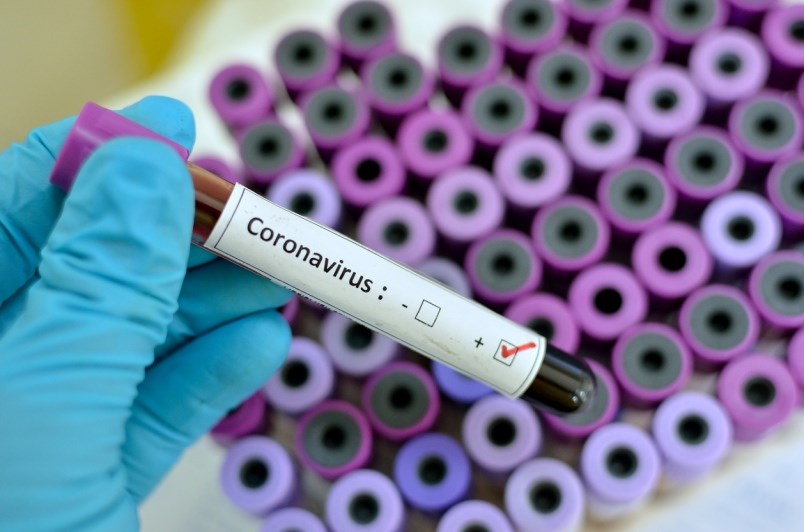Local seniors who were at the Newmarket Seniors’ Meeting Place at 474 Davis Dr. from Feb. 22 onward may have been exposed to the new coronavirus known as COVID-19.
York Region Public Health today, March 3, notified Town of Newmarket officials that a Newmarket woman in her 70s who was confirmed positive for the virus on Feb. 29 had visited the centre on two occasions prior: Feb. 22 and Feb. 24. She is a member of the Newmarket Seniors’ Meeting Place.
York's public health unit has already followed-up with all close contacts associated with this confirmed case.
The risk of acquiring COVID-19 without close contact with an infected individual is low, York public health said.
The woman, who is one of five confirmed positive COVID-19 cases in York Region, is in self-isolation at home after being assessed and tested at Southlake Regional Health Centre.
She had visited Egypt with the recently reported positive Egypt travel-related Toronto case.
Mayor John Taylor notified all seniors' club members in a email.
Those who have come into close contact with the individual at the Newmarket Seniors' Meeting Place have been identified by York Region's medical officer of health, Dr. Karim Kurji, and are being asked to self-isolate.
All those who have been at the Newmarket Seniors' Meeting Place during this time but not in close contact with the individual are considered to be at low risk.
York Region Public Health is conducting a risk assessment and contact follow-up.
Here are the exposure dates, times, and location:
- Saturday, Feb. 22 from 9 to 9:30 a.m. at the badminton courts
- Monday, Feb. 24 from 12:30 to 3 p.m. at lunch and at Mah-jong
What you should do if you were exposed:
- For Feb. 22 potential exposure, monitor your signs and symptoms for any new onset of cough, fever, or shortness of breath until Saturday, March 7
- For Feb. 24 potential exposure, monitor your signs and symptoms for any new onset of cough, fever, or shortness of breath until Saturday, March 9
If you become ill, do the following:
- Contact your health care provider or local emergency department to let them know of your exposure and symptoms
- Take a private vehicle, do not take public transit
- Report to triage and wear a mask to prevent transmission to others
- Be assessed and/or tested by a physician
Dr. Kurji indicated there is no need to reduce or cancel programming at the seniors' centre at this time.
The risk of Newmarket and York Region residents of contracting COVID-19 continues to remain low and there is no evidence of community spread.
The Town of Newmarket is working closely with York Region Public Health to collaborate with local hospitals, emergency services and other health agencies to ensure prompt reporting and follow up of all individuals who may require testing for COVID-19.
All York Region residents can take the following steps to protect themselves not only from all respiratory illnesses and from the common cold and the flu:
- Wash your hands often with soap and water or alcohol-based hand sanitizer
- Sneeze and cough into your sleeve
- Avoid touching your eyes, nose or mouth
- Avoid contact with people who are sick
- Stay home if you are sick
- Increase cleaning and disinfection of high-touch surfaces like toilets, sink tap handles, doorknobs, countertops, etc. using regular household cleaners
- Avoid sharing toothbrushes, eating utensils drinks/water bottles and towels
Residents who have additional questions about COVID-19 are asked to contact York Region Public Health's Health Connection line at 1-800-361-5653, open daily, Monday to Sunday, 8:30 a.m. to 4:30 p.m.
For more information on COVID-19, visit york.ca/covid19 or Ontario.ca/coronavirus